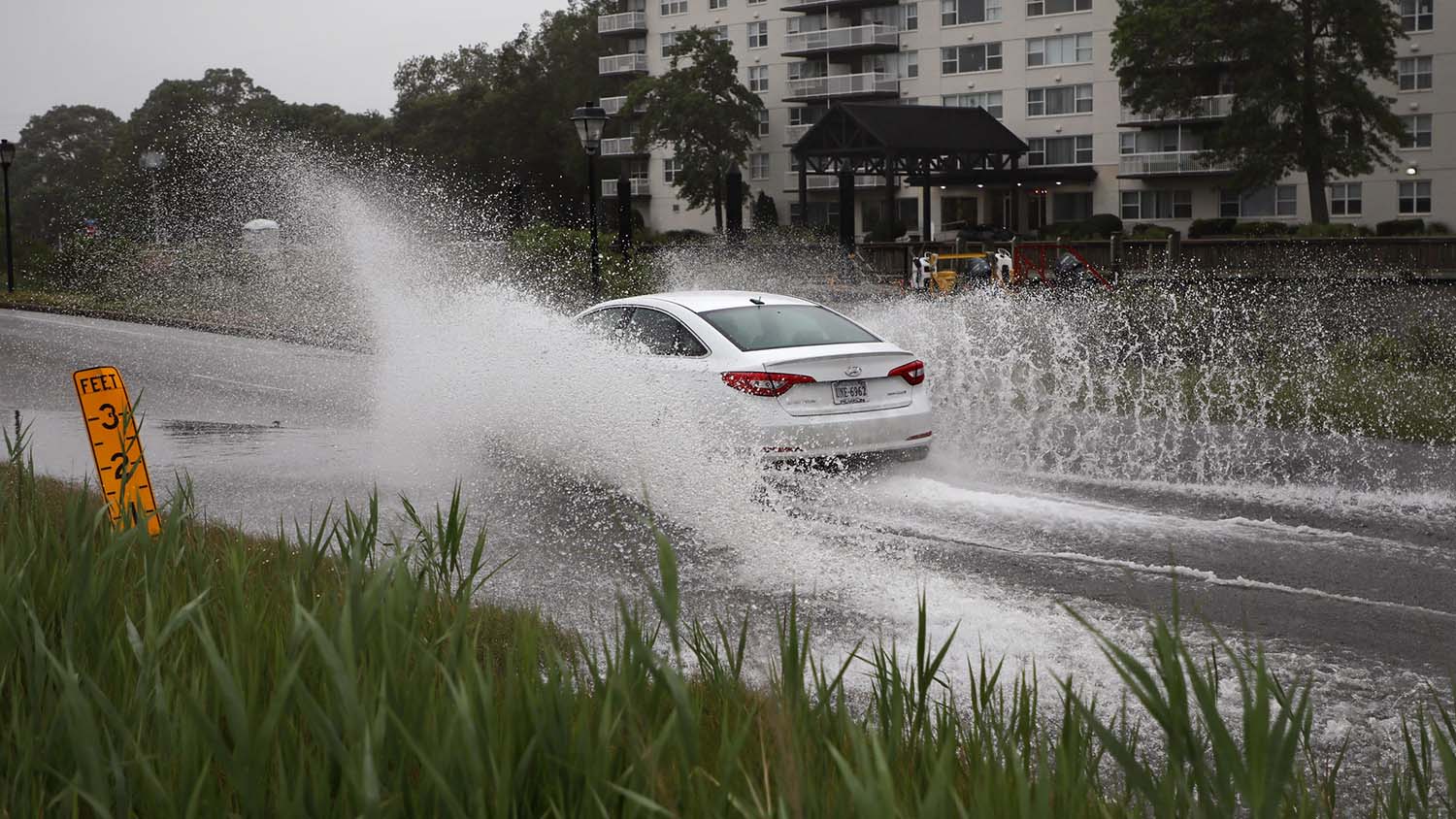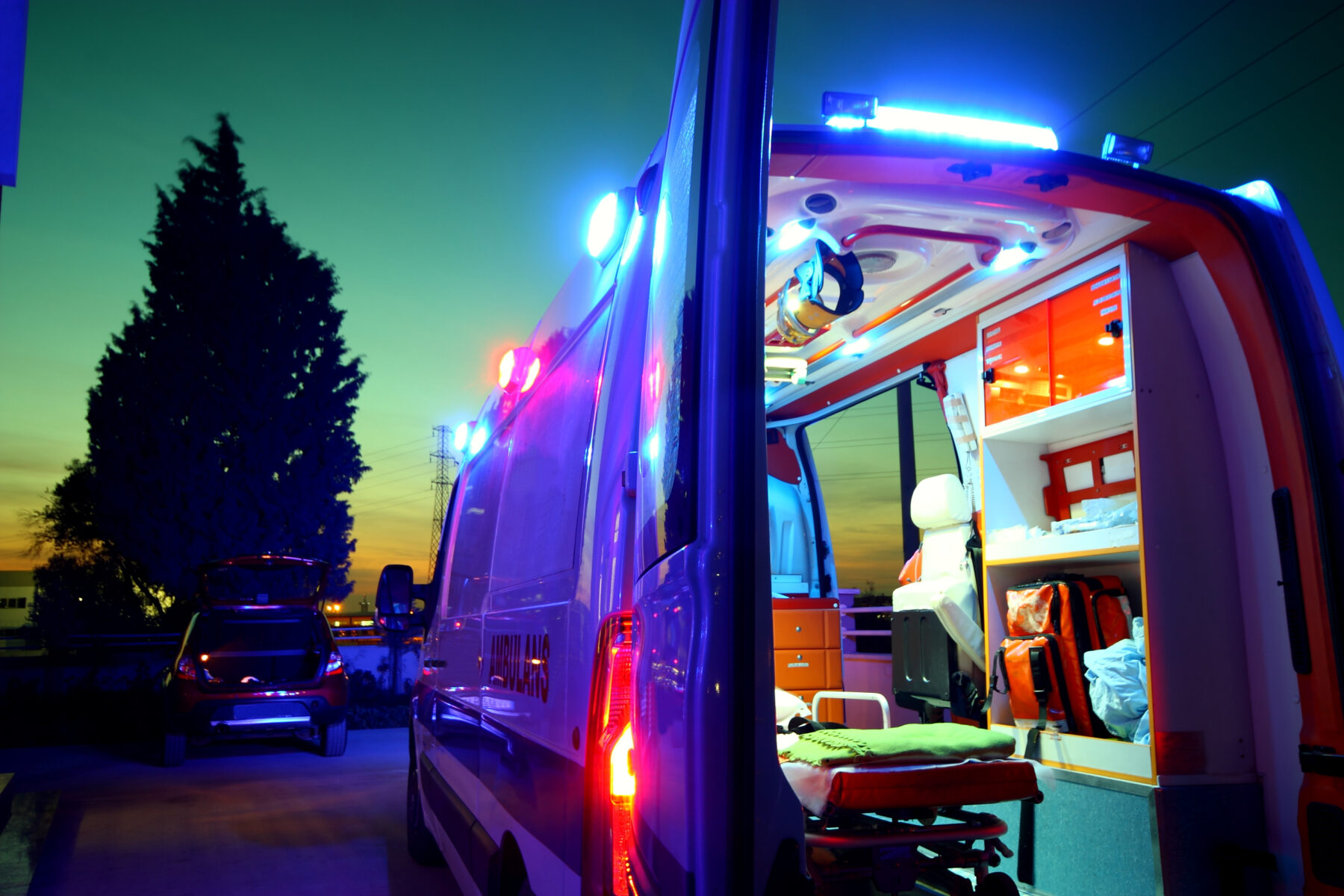Top End residents and visitors are being urged to take extra precaution to avoid melioidosis following a recent spike in case numbers.
Melioidosis, a potentially deadly disease, is caused by the bacterium, Burkholderia pseudomallei, found in tropical soil and water.
Dr Vicki Krause, Director of the Northern Territory (NT) Centre for Disease Control, said people are more likely to come in contact with these bacteria during the wet season, when they can be found in soil surface layers and muddy surface waters.
“This wet season’s high rainfall has led to a 50 per cent increase in the number of melioidosis cases than expected,” Dr Krause said.
“On average, 32 cases of melioidosis are reported in the NT each wet season. So far this wet season, 48 cases have been recorded.”
Melioidosis bacteria can enter the body through cuts and sores. The bacteria can also be inhaled through dust or droplets, especially during storms.
“Melioidosis most often causes infection of the lungs, ranging from mild bronchitis to severe pneumonia. In severe cases, it can lead to blood poisoning, with around 10 per cent of infections causing death,” Dr Krause said.
Melioidosis can cause a variety of symptoms including fevers, cough, shortness of breath, weight loss, fatigue, abdominal pain, urinary symptoms, non-healing wounds and sores and occasionally problems such as headache, fits and confusion.
Symptoms usually develop within three weeks of a person being exposed to the bacteria, but in some cases, illness may not occur until several months or years after the initial infection.
People are advised to seek medical attention early to ensure prompt diagnosis and treatment. Treatment usually involves intensive antibiotic therapy as well as management of symptoms, which may require hospital admission.
People with underlying health conditions are more likely to develop melioidosis. This includes those with conditions which lower immunity, such as diabetes, cancer, heavy alcohol intake, advanced age and kidney and lung disease, as well as people who take immune suppression therapy medications.
To avoid melioidosis, the following precautions should be taken:
Wear covered waterproof footwear when outdoorsWear gloves while working in the garden or a soil-based environmentWash then cover sores and abrasions with waterproof dressingsWear a face mask while using high pressure hoses around soil and pathsStay indoors during heavy wind and rainSeek medical attention early.
Melioidosis does not usually spread from one person to another or from animals to humans.
A fact sheet with more information on melioidosis is available at here






